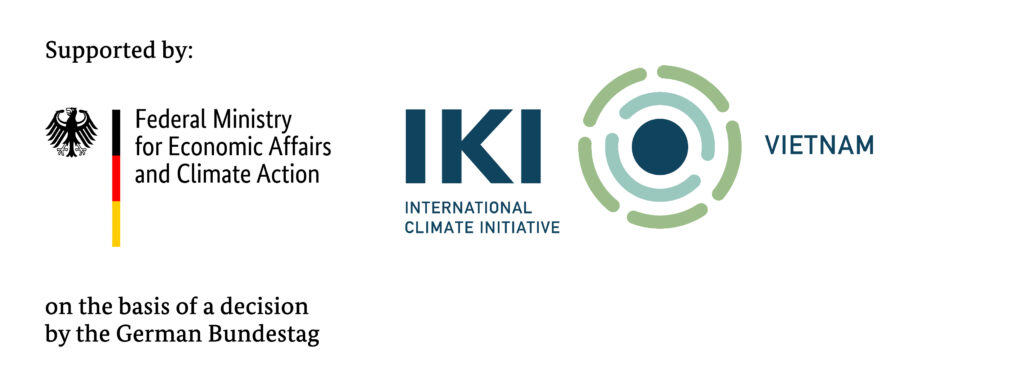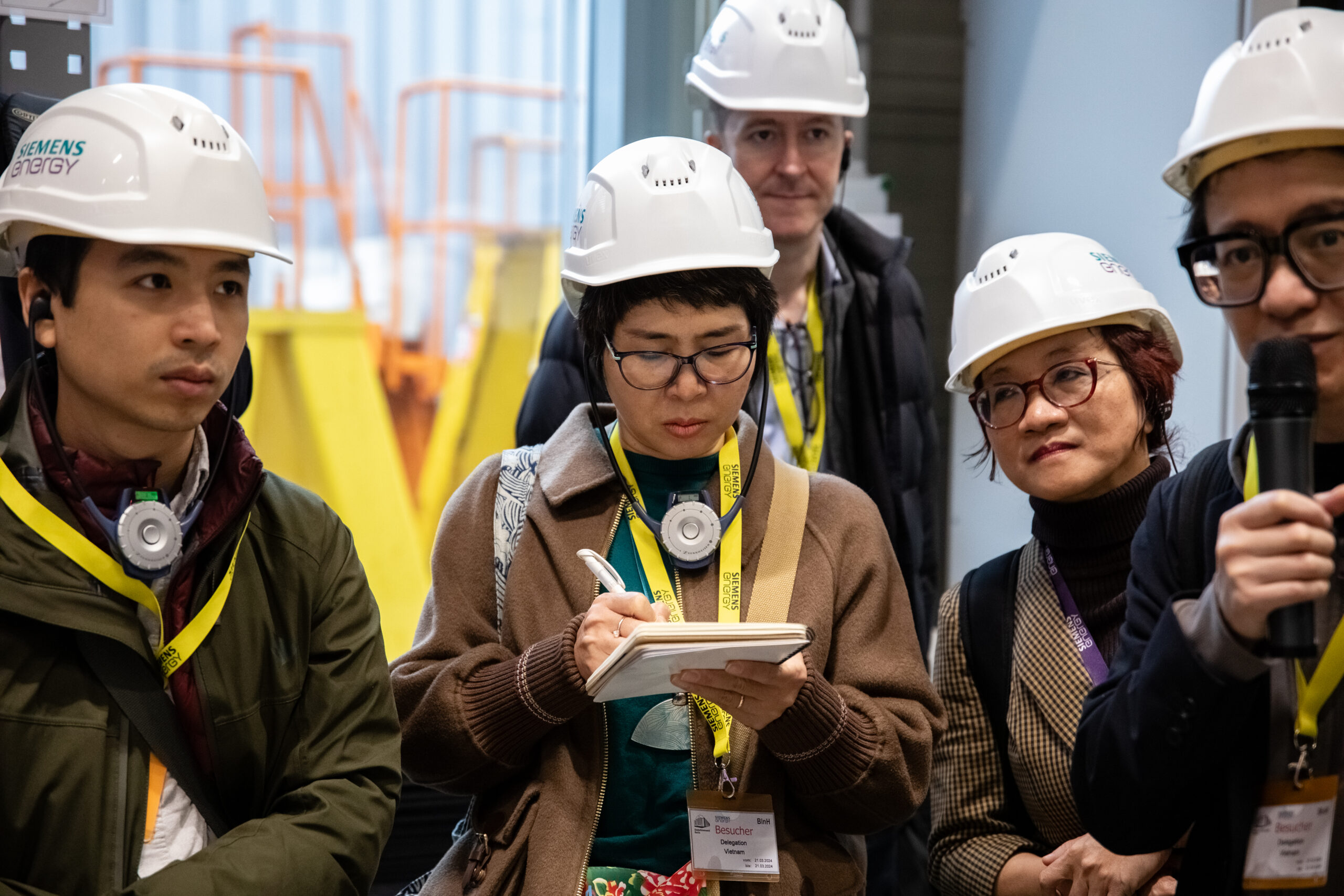The recently issued Action Plan on Reducing Methane Emissions, which foresees cutting methane emissions by at least 30% by 2030, the Government of Vietnam is making an effort to contribute to the net-zero commitment. The roadmap is divided into two main periods: From now to 2025 and from 2025 to 2030. In the first stage, the country will strive to cut 13,34% compared to the emission level in 2020 that equivalent to 96.4 million tons of CO2. The reduction obligations will be applicable to sub-sectors such as rice and crop cultivation (42.2 million tons), livestock (16.8 million tons), solid waste management and wastewater treatment (together 21.9 million tons), oil and gas exploitation (10.6 million tons), coal mining (3.5 million tons) and fossil fuel exploitation (1,3 million tons). In the second stage, by 2030, Vietnam envisages sharply cutting methane emissions by up to 30% in all mentioned areas.
In terms of livestock and agriculture, infrastructure and technology investments are vital to convert from conventional methods to modern and sustainable practices. Localisation of farming operations can make agricultural activities more efficient in time, cost, and economic value. Besides, by digitalizing and automating livestock practices, farmers can improve productivity and generate income, along with reduced emissions.
The Action Plan also highlighted the importance of stopping burning agricultural waste and by-products through improving and applying large-scale technology measures regarding waste collection, classification, treatment, and recycling. To reduce methane emissions in waste management and wastewater treatment, infrastructure upgrades and biomass energy development will play an important role.
Besides, for cutting methane emissions in oil and gas operation, coal mining and fossil fuel exploitation, the government will develop mechanisms and policies to encourage the implementation of automated monitoring system, and the adoption of energy management systems and devices in the exploitation and production process.





